One of the few dedicated end-of-life hospice simulation labs in the U.S., and the first in the Midwest, the NorthStar Simulation Lab* offers cutting-edge, hands-on tools and resources to provide hospice clinicians advanced, real-world training and education focused on the mastery of both technical skills and facilitating effective conversations around death and dying.
With its highly innovative simulation-based tools, resources, and education, simulation-based clinical training provides opportunities to hone clinical and decision-making skills through real-life situations without compromising patient dignity. This investment in advanced training ensures that Arbor Hospice clinicians are prepared to provide the highest quality care and meet the complex physical, emotional, and spiritual needs of patients and families at end-of-life.
*Six additional Advanced Skills Labs are being constructed at regional sites: Gaylord, Traverse City, Big Rapids, Grand Rapids, Cadillac and Southfield.
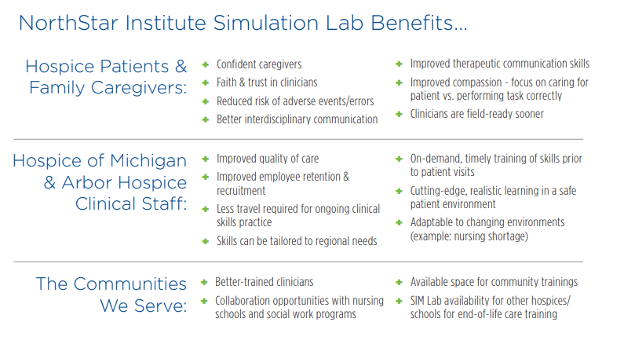
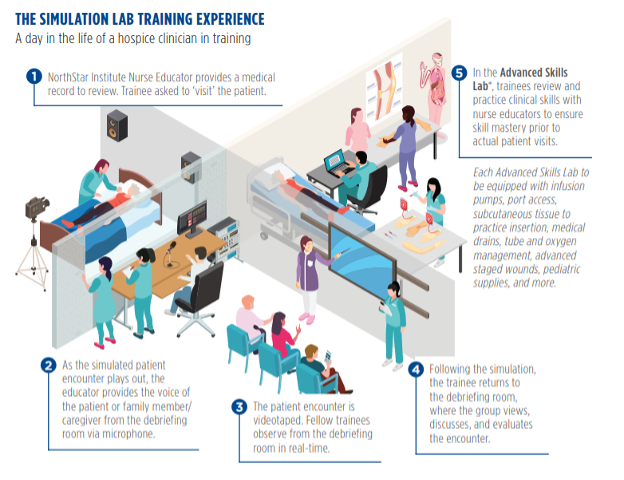
Simulation Lab Components:
A fully furnished, real-life patient bedroom featuring two LifeCast Manikins – one adult and one pediatric – including equipment needed to videotape training simulations.
An Advanced Skills Lab* fitted with the equipment necessary to practice -on-demand clinical skills with highly-trained Regional Nurse Preceptors.
An adjacent Debriefing Room, or classroom, for clinical and instructional staff to review videotaped SIM Lab training sessions.
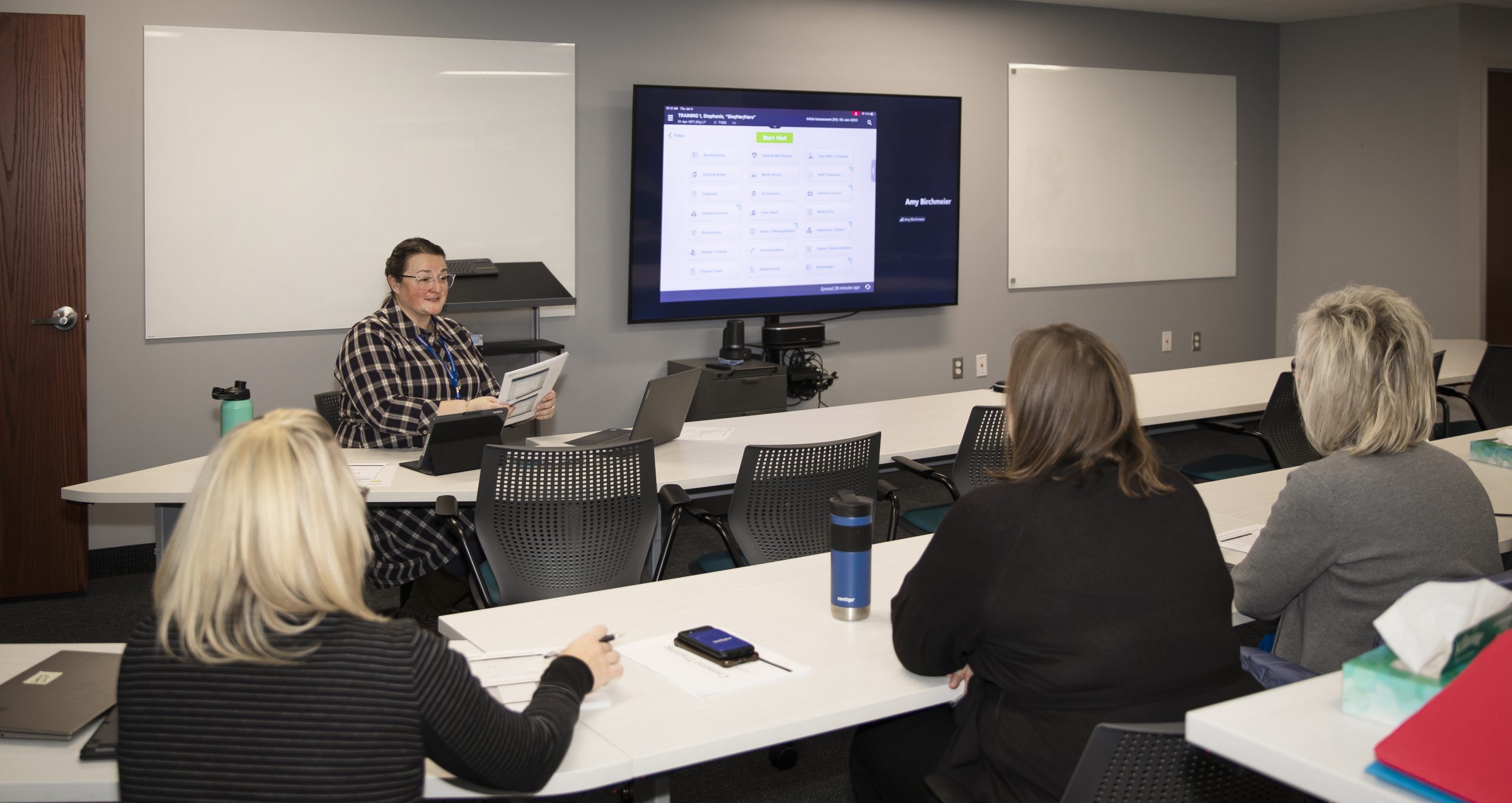
“Most of our clinical staff come to us never having worked with dying patients. How do you teach them to have those crucial conversations? The cutting-edge centralized Simulation Lab, coupled with regional Advanced Skills Labs, will help us teach these skills to make sure our staff are fully-prepared to get it right every time.”
–Amy Birchmeier, BSN, RN, CHPN, NPD-BC
Director of the NorthStar Institute – hospice nurse 8 years
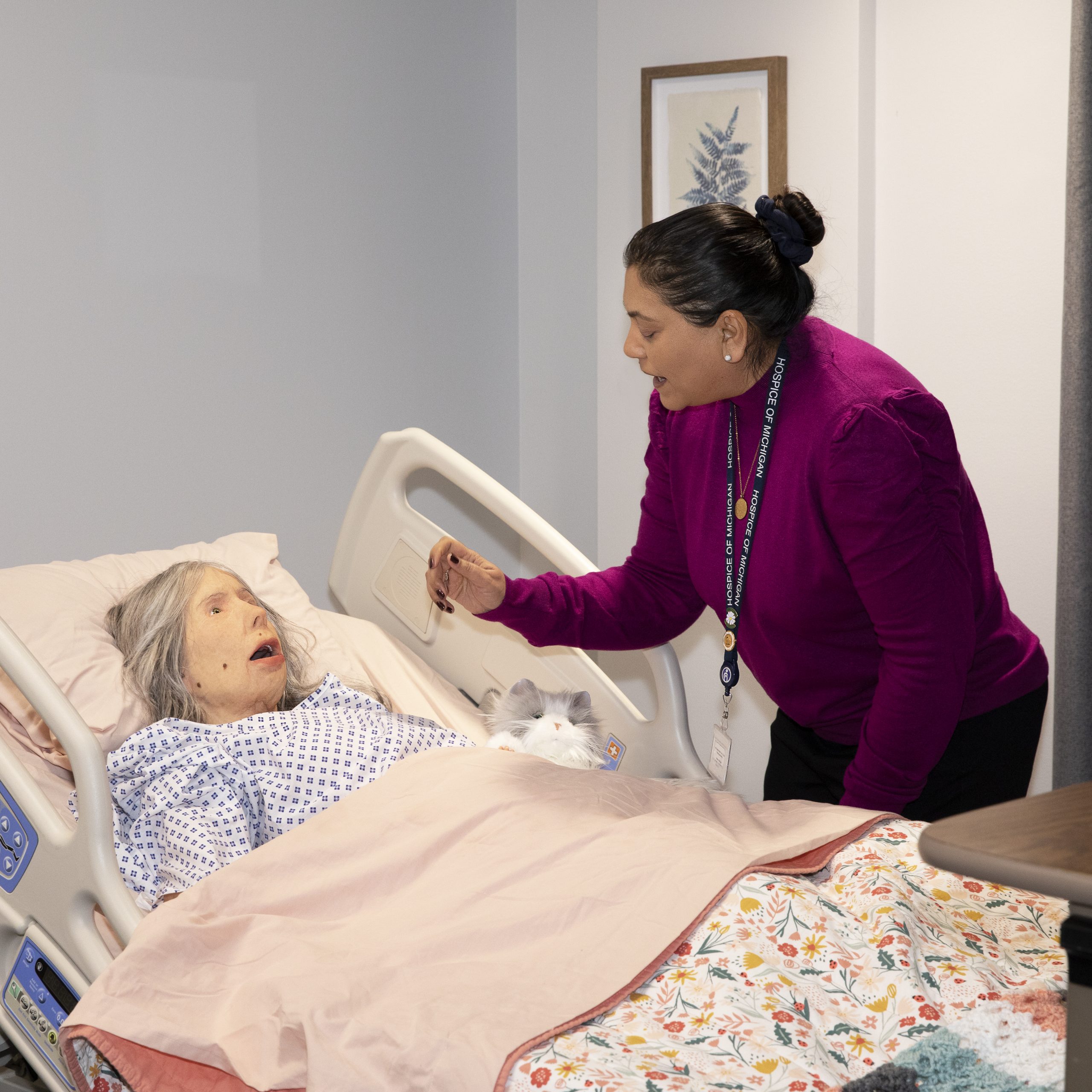
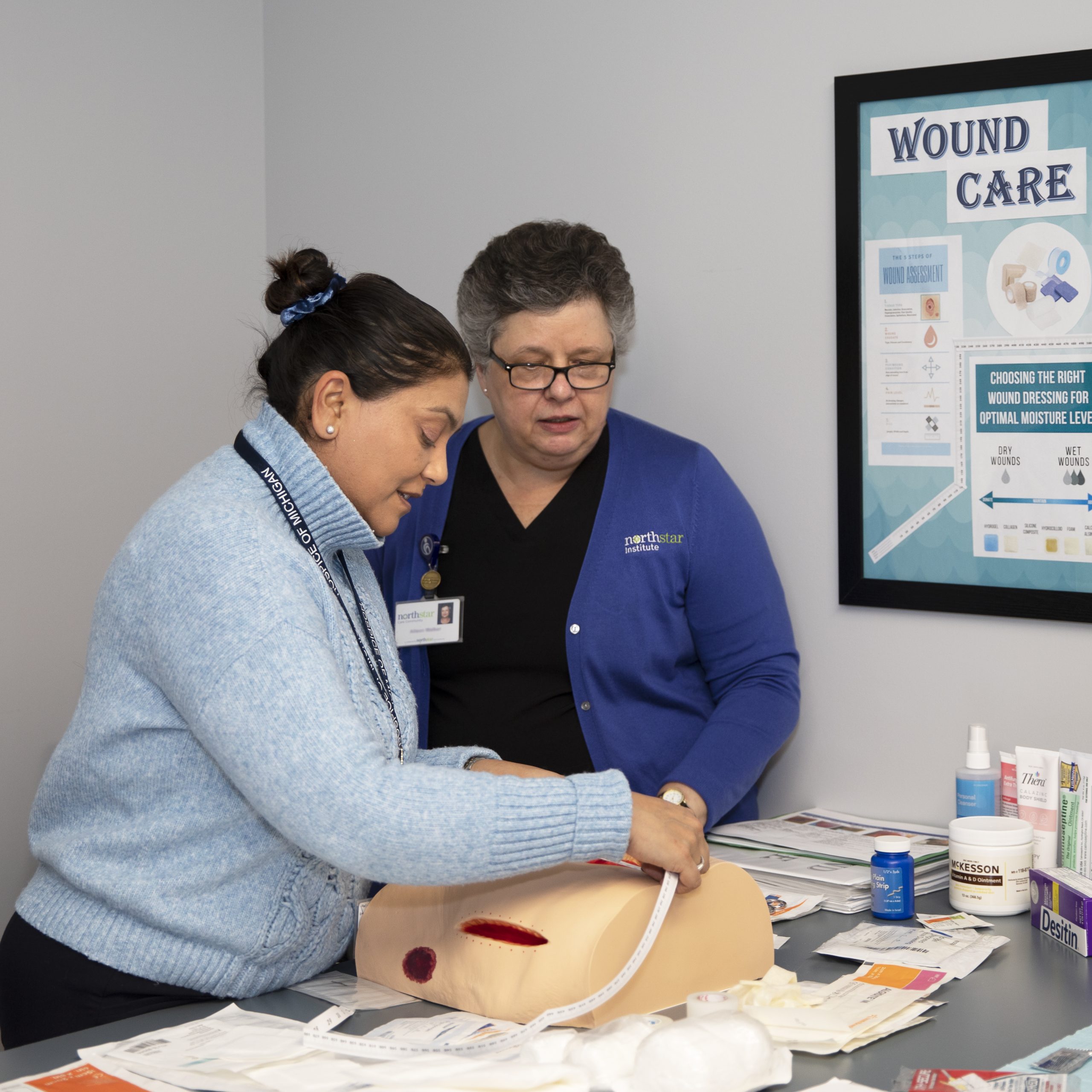
--Alison Walker, Education & Research Specialist, NorthStar Institute
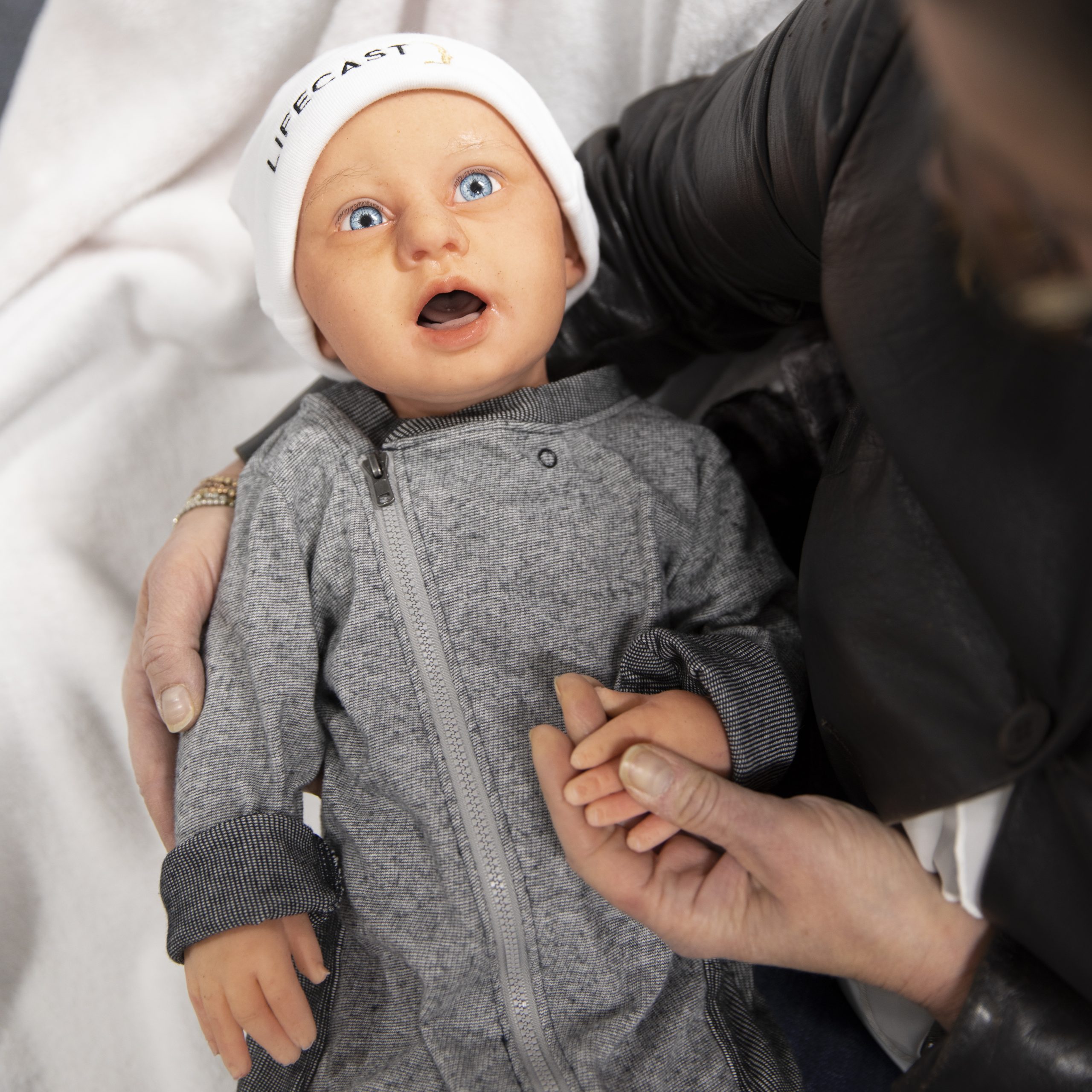
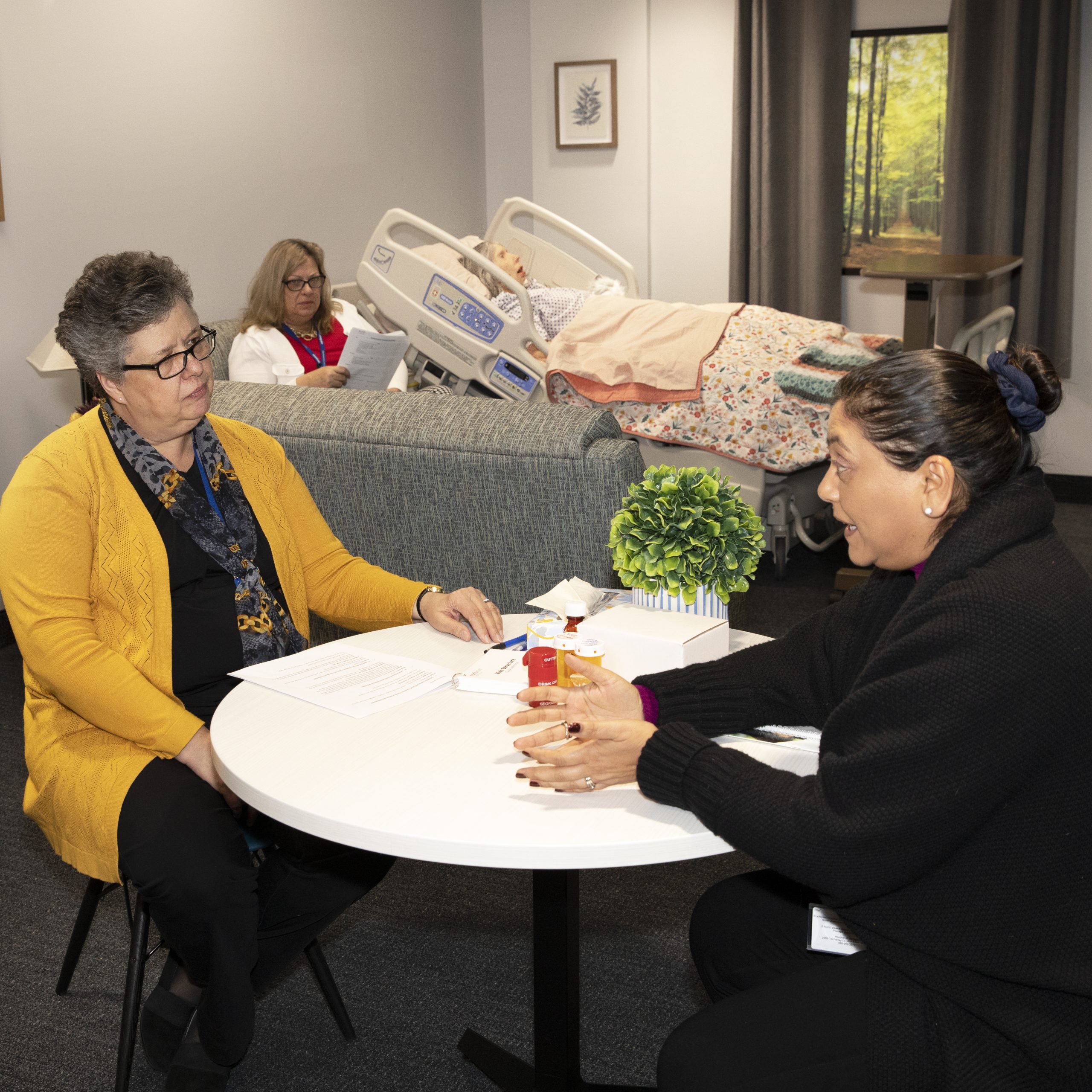
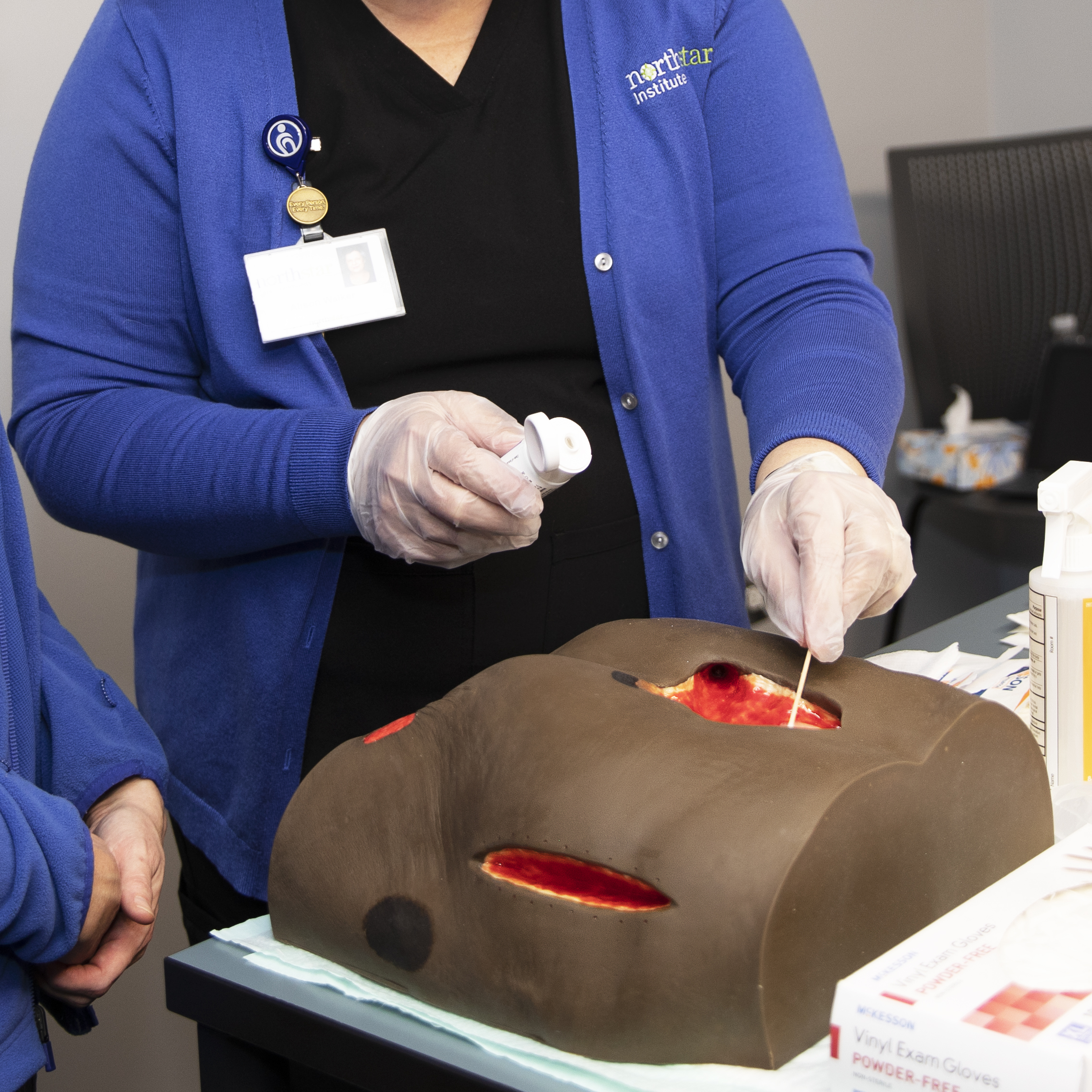
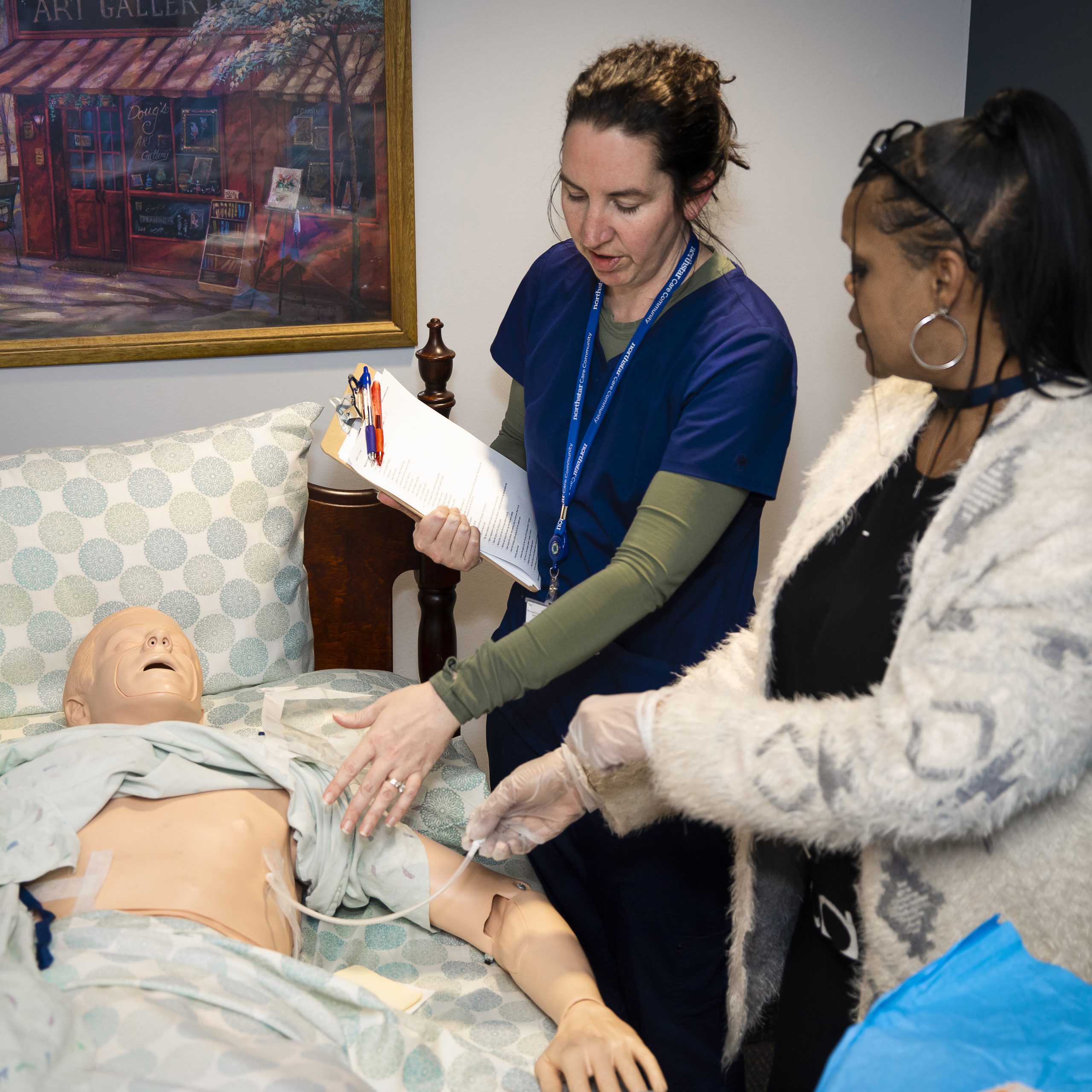
About LifeCast Manikins – The World’s Most Realistic Clinical Teaching Tool
Fabricated from the 3-D scans of human patients whose bodies were donated to science, these ultra-realistic teaching tools feature anatomical details that are highly accurate and life-like, replicating veins and underlying structures; hand-punched hair; precise anatomical mouths and airways.
LifeCast Manikins are designed to encourage more natural handling. During education and training interactions, clinicians often experience an emotional response.